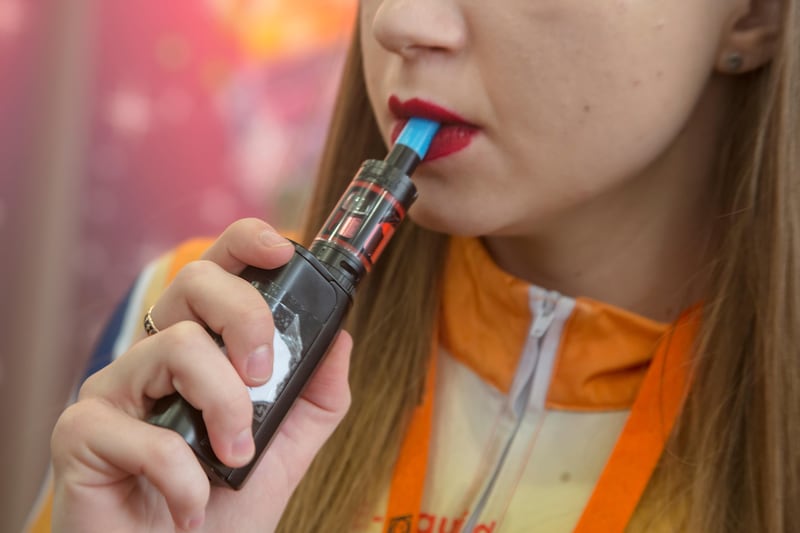Workers at banking firm Lloyd's of London have been banned from drinking during the day after around half of disciplinary cases were found to relate to alcohol.
The ban prohibits employees from consuming alcohol between 9am and 5pm between Monday and Friday.
The policy was introduced after "roughly half" of grievance and disciplinary procedures in the past year were reportedly found to relate to the misuse of alcohol.
Typically an employee’s lunch break is unpaid but this may not necessarily mean that it is free time or the employee’s own time.
The lunch break can be seen as an extension of the working day, dependent on whether the employee leaves the office or takes lunch at their desk, and the effects of alcohol consumed during the break will have an impact on work carried out after this.
In industries that require the operation of heavy machinery preventing the consumption of alcohol is especially important due to the potential for health and safety breaches or industrial accidents, for which the employer will be liable for.
The easiest way to prevent employees from consuming alcohol during the lunch break, or any part of the working day, is to implement a Drugs and Alcohol Policy and enforce this effectively. Make sure that the policy covers areas which can be seen as outside the normal working hours, for example lunch breaks, client lunches, client visits etc, so that employees are aware of the expectations upon them at all times.
Getting signed evidence that the policy has been presented, read and understood by your employees is a failsafe way of making sure that you can rely on any sanctions outline in the policy if the need arises. If this is an issue which crops up within the workplace and you do not have a policy in place then it should be considered whether one should be introduced.
You can also carry out training regarding alcohol and the workplace based around the policy, or solely around the issue, to make employees aware of your stance on the subject and any action which could be taken.
A less obvious way of preventing employees from consuming alcohol is to provide an Employee Assistance Programme (EAP) or some form of confidential counselling to the workforce. Whilst some employees may drink during their lunch break as a social norm, others may be drinking to cope with a difficult situation, either at home or at work.
In these circumstances, though disciplinary procedures may be necessary and preferred, the consumption may need to be treated as a health problem. Offering an EAP service to your employees could prevent them drinking alcohol by providing them with assistance to overcome any problems or issues which are leading to the need.
Alan Price is Peninsula Ireland Employment Law Director








